
What just happened, 2016?
However you feel about 2016 – and it seems like people are pretty emotional about it – we think we can all agree it's been pretty eventful. Here's some of the things that have stuck out to us most about those 365 days that just happened.
... game-changing politics: Panama Papers, Brexit and Trump
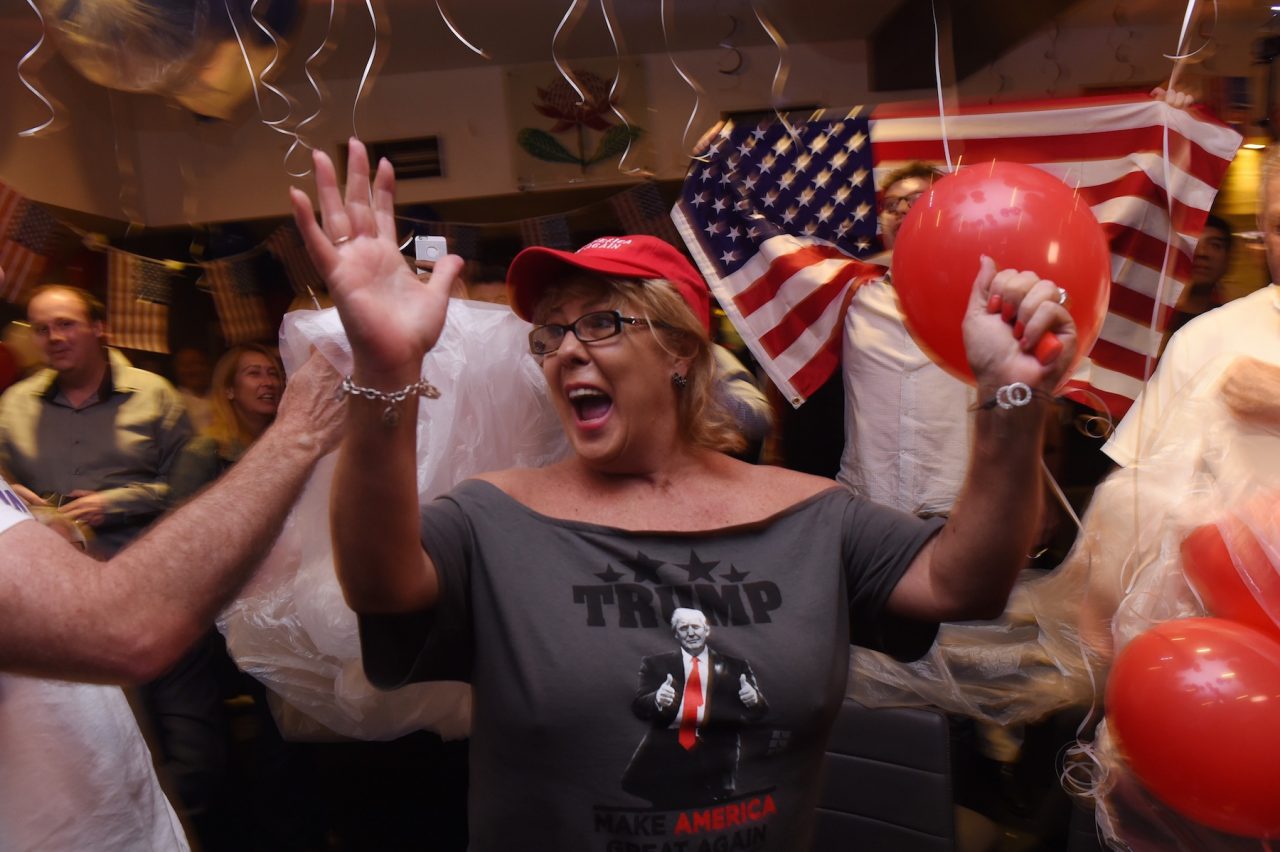
Back in April, we were treated to the Panama Papers, a gigantic data leak that detailed exactly how very rich people use tax havens to avoid paying taxes in the countries where they work and live. One of those 'we knew it's happening but now we have so, so much proof' stories. The thing is, a lot of it wasn't technically illegal – the question was more about whether it was fair. Some said no, everyone should pay their taxes: others say well, don't charge the wealthy such high tax rates in the first place, and they won't be incentivized to hide their money abroad.
Anyway, that was kind of being seen as the big economic story of the year. Until the rest of the year happened...
In June, the Brits voted to leave the European Union. Brexit came after a long and confusing campaign where both sides claimed their position would be great for the economy. Half a year later, there’s still a lot of uncertainty about what Brexit will do to the economy – or even what the details of Brexit will even look like. Even during the campaign, voters we spoke to didn't feel like the economic consequences of either side of the campaign had been made clear to them.
...And in November, America elected Donald Trump as president. At Economy, we're calling for 'understandable economics' – clear, real-life, transparent, diverse, and available for everyone to discuss. We assessed the American election candidates, and didn't feel either passed the test with flying colors. We've still got questions about what Trump's economic policy will look like. Some of his most consistent themes were about dramatically lowering taxes, restricting trade and cutting regulations, so don’t be surprised if those are high priorities in 2017.
...never-ending crises: Syria's civil war & the biggest refugee crisis in history
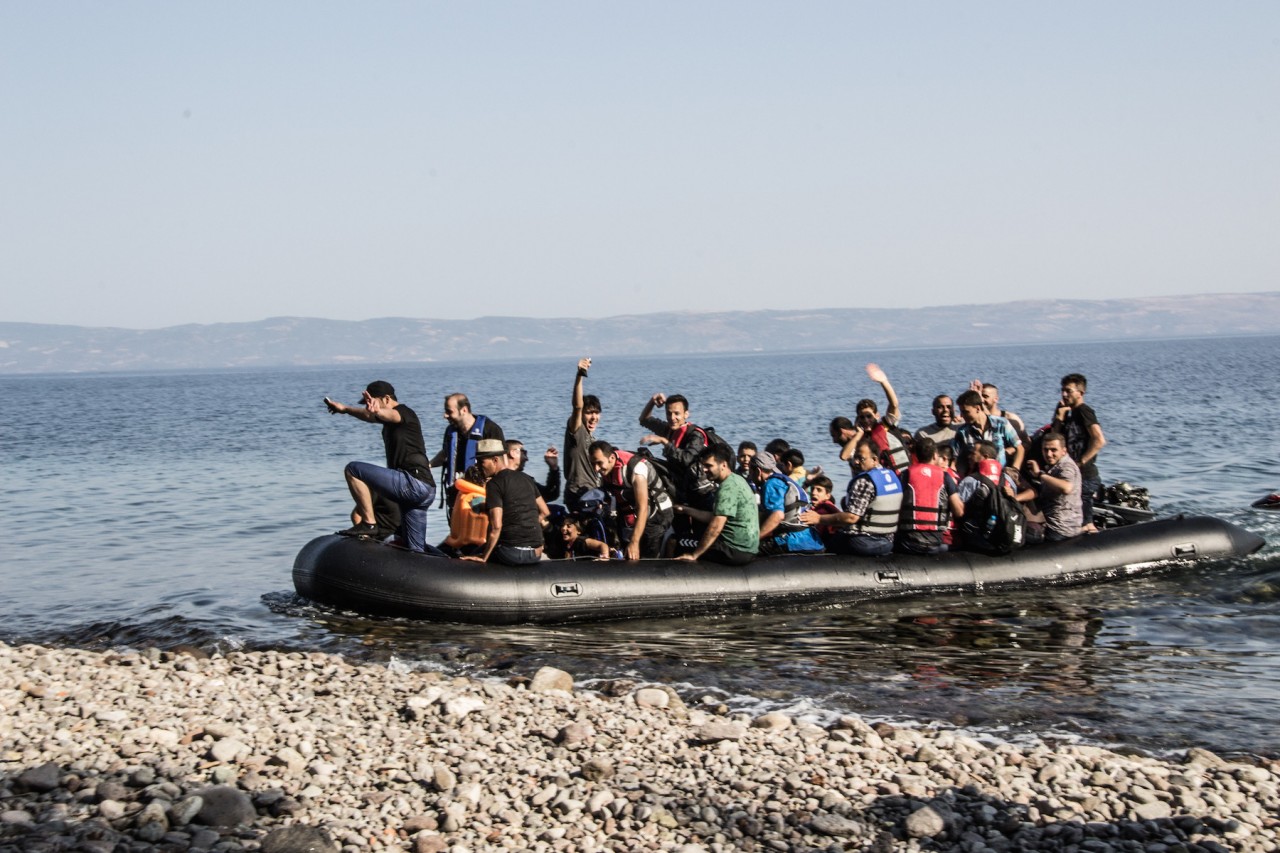
The battle in Syria rages on, with the most recent reports confirming that government forces have taken Aleppo. The destruction the war has left behind is beyond words – rebuilding the economy will take decades. Russia and China, whose governments support President Bashar-al-Assad, have already been promised contracts to rebuild the country’s infrastructure and energy sector. Meanwhile, people around the globe are rallying their time, money, and skills to help Syrian civilians, be it through donations, volunteering, or petitioning their governments to take action.
Partly because of Syria's civil war, and partly because of economic and political difficulties in other parts of the world, as of June we've now got more refugees in the world than ever before. Here's five charts we put together that explore how this happened. How to get all these people into safety and into work in 2017 is going to be one of the biggest challenges for our economies and societies, especially with the rise of far-right parties in Europe opposed to bringing refugees in.
...crossing frontiers: Holidays to Mars and the end of queues
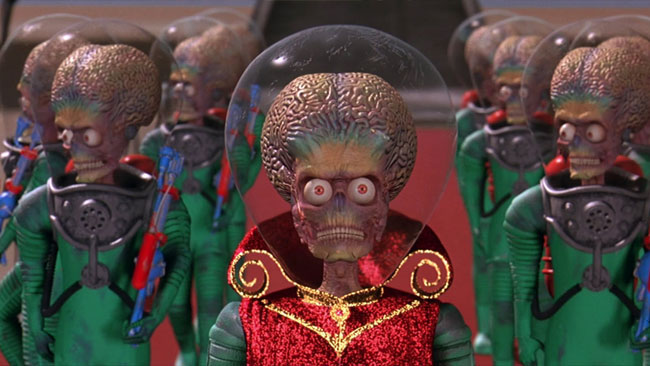
This September, Elon Musk announced that he wants to sell rides to the red planet a mere 10 years from now. Space exploration has traditionally been something left to governments – the massive costs involved make it hard for anyone else to find the cash to get going. Trust Musk to find a way to shake this up into a money-making opportunity.
Back here on Earth, Amazon came out with a plan for a grocery store with no waiting – simply take the things you want and their supercomputer will send you the bill. This kind of technology could make shopping more pleasant, but it could also cost a lot of jobs – especially jobs for people without further education or just starting to work.
...fun & games: Olympics in Rio and Pokémon in your pocket
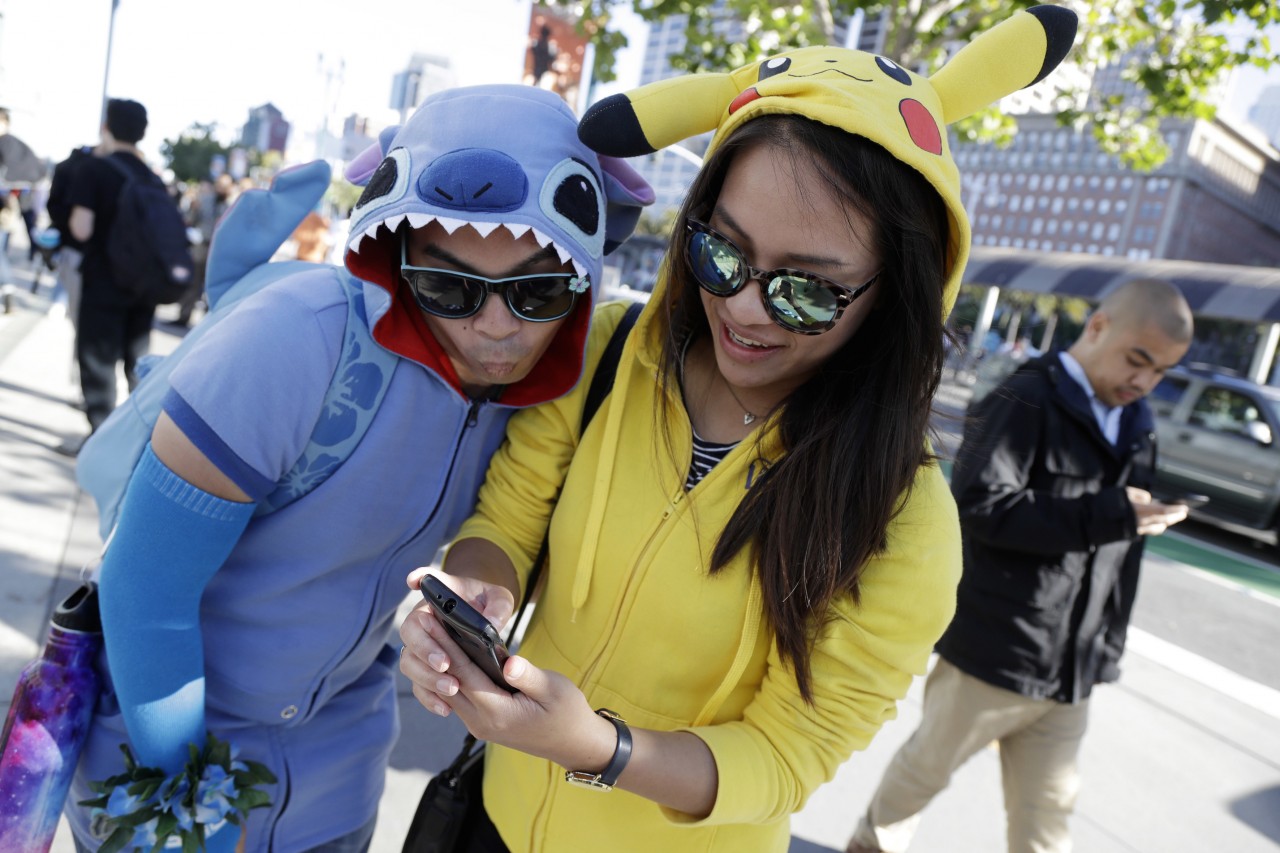
Brazil threw the party of the year this summer when they hosted the Rio Olympics. The games reportedly cost $4.6 billion, which seems like a lot of money, but is actually a lot less than some of the mega-Olympics we’ve seen recently like Beijing ($44 billion) and Sochi ($51 billion) or even the ‘thrifty’ London games ($10.4 billion). But the party is now definitely over – in December Brazil passed a bill limiting government spending for the next 20 years.
Pokémon Go managed to entertain the world this summer for quite a bit less than $4.6 billion. Only about 70 people worked on Pokémon Go, but this small group of computer nerds were able to keep millions of people entertained, and boost local businesses worldwide with Pokegyms and Pokedates, for about a month this summer. This was a blast, but it highlights a growing problem for the economy, as a small number of highly educated people in San Francisco were able to temporarily substitute for thousands of cinema workers, gym instructors and swimming pool lifeguards.
...Too much cheese and too little chocolate: America's surplus & the shrinking Toblerones
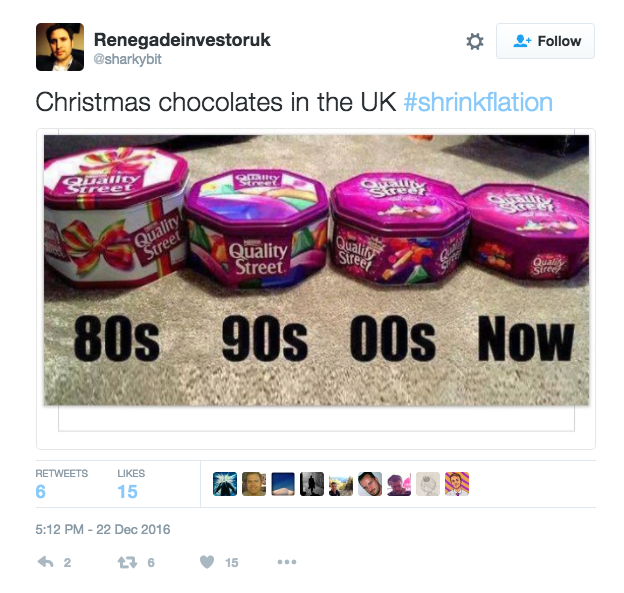
We know, we know, there isn't such a thing...but the US really might have gone overboard with their cheese this year, with enough in storage to create 17 Statues of Liberty out of the stuff. This kept cheese prices down and made life hard for American cheese producers. The surplus had a few different causes – higher cheese production in Europe after cheese-quotas were lifted, and lower demand from Russia (because of sanctions) and China (because their currency devalued against the dollar, making cheese imports more expensive).
Meanwhile, Terry’s Chocolate Oranges got a little smaller and the gaps between Toblerone’s chocolate mountains got a little bigger. (Too little chocolate is definitely a thing). Both companies cited increasing cost of materials as a problem, but instead of increasing the price for their chocolate, they decreased the size. The idea is pretty straightforward; companies think people are less likely to notice changes in size than price. But Twitter didn’t react kindly to #Shrinkflation – there’s something oddly personal about watching your favorite chocolate get smaller.
...towns on sale: Need a gift for your billionaire pal who has it all?

2016 was a good year for people looking to buy an entire town. In the UK the village of West Heslerton was put on sale for £20. If that’s too steep, in the US the town of Sugar Grove, West Virginia was sold for just $4 million. Fair play, you might say – but there's a few causes for concern with people owning the places we live, work, and play. For one, it gives them a lot of power over our day to day lives (think your landlord times your whole town.)



